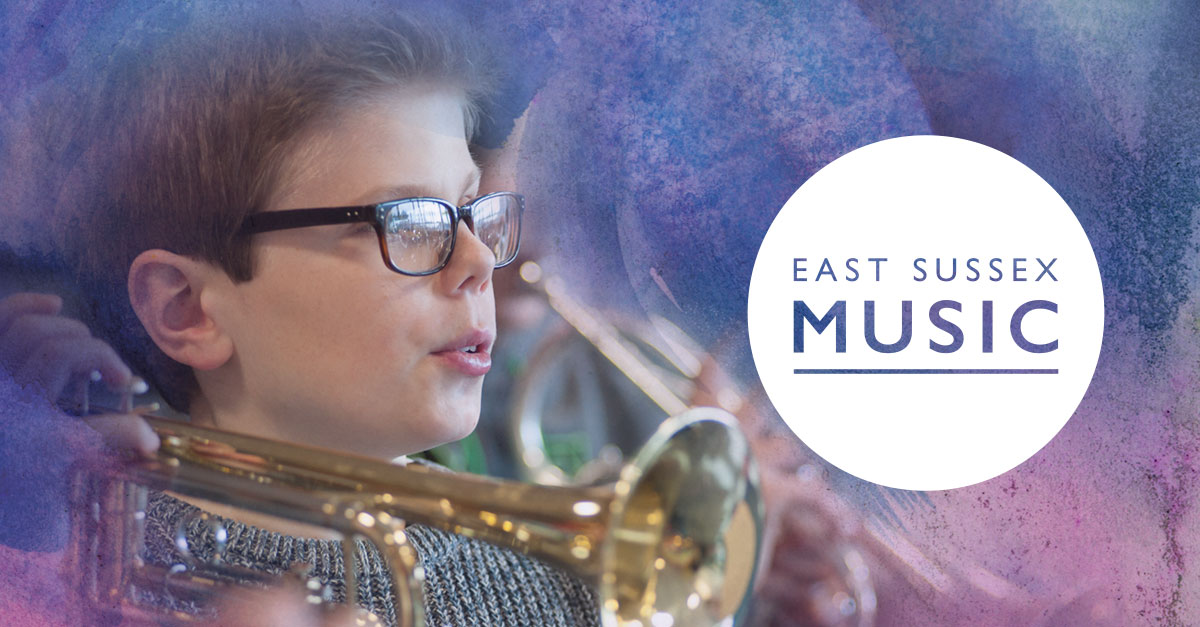Music
At St Philips Catholic Primary School we make Music an enjoyable learning experience. We encourage children to participate in a variety of musical experiences through which we aim to build up the confidence of all children. Teaching focuses on developing the children’s ability to sing in tune and with other people. Through singing songs, children learn about the structure and organisation of music. We teach them to listen and to appreciate different forms of music. As children get older, we expect them to maintain their concentration for longer and to listen to more extended pieces of music. Children develop descriptive skills in music lessons when learning about how music can represent feelings and emotions. We teach them the disciplined skills of recognising pulse and pitch. We often teach these together. We also teach children how to work with others to make music and how individuals combine together to make sounds. We also teach them musical notation and how to compose music.
At St Philip's Catholic Primary School we follow the ‘Music Express’ scheme of work.
By using Music Express as the basis of a scheme of work, we can ensure that we are fulfilling the aims for musical learning stated in the English National Curriculum:
The English National Curriculum states 'That all pupils: perform, listen to, review and evaluate music across a range of historical periods, genres, styles and traditions, including the works of the great composers and musicians.'
Music Express has weekly plans that offer quality and engaging music lessons from Early Years to Age 11 with a broad range of supporting resources. It creates a topic-based, cross-curricular approach to support children's learning in music and across other subjects through music.
A steady progression plan has been built into Music Express, both within each year and from one year to the next, ensuring consistent musical development.
Early Years Foundation Stage
Music plays an important part in a child’s early development. The Early Years Foundation Stage Framework (2014) encompasses all areas of creative development, particularly in the area of Expressive Arts and Design. Music contributes to a child’s personal and social development. Counting songs foster a child’s mathematical ability and songs from different cultures increase a child’s knowledge and understanding of the world.
Key Stage 1
The children will be taught to:
- Use their voices expressively and creatively by singing songs and speaking chants and rhymes
- Play tuned and untuned instruments musically
- Listen with concentration and understanding to a range of high-quality live and recorded music
- Experiment with, create, select and combine sounds using the inter-related dimensions of music
Key Stage 2
The children will be taught to:
- Sing and play musically with increasing confidence and control. They should develop an understanding of musical composition, organise and manipulate ideas within musical structures and reproduce sounds from aural memory.
- Play and perform in solo and ensemble contexts, using their voices and playing musical instruments with increasing accuracy, fluency, control and expression.
- Improvise and compose music for a range of purposes using the inter-related dimensions of music.
- Listen with attention to detail and recall sounds with increasing aural memory.
- Use and understand staff and other musical notations.
- Appreciate and understand a wide range of high-quality live and recorded music drawn from different traditions and from great composers and musicians.
- Develop an understanding of the history of music
If you are interested in finding out how your child can learn to play an instrument through the East Sussex Music Service please click on the picture below.





